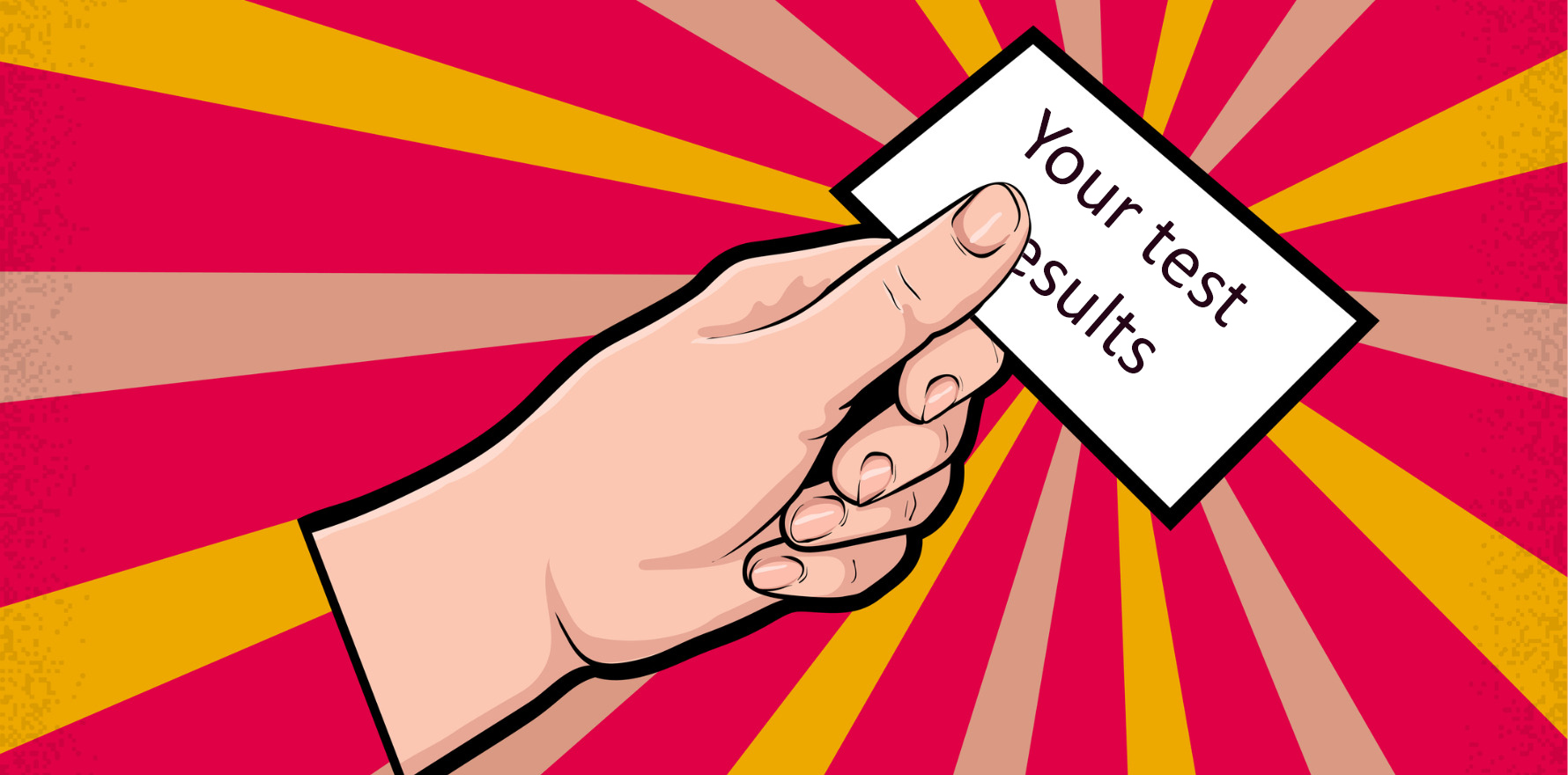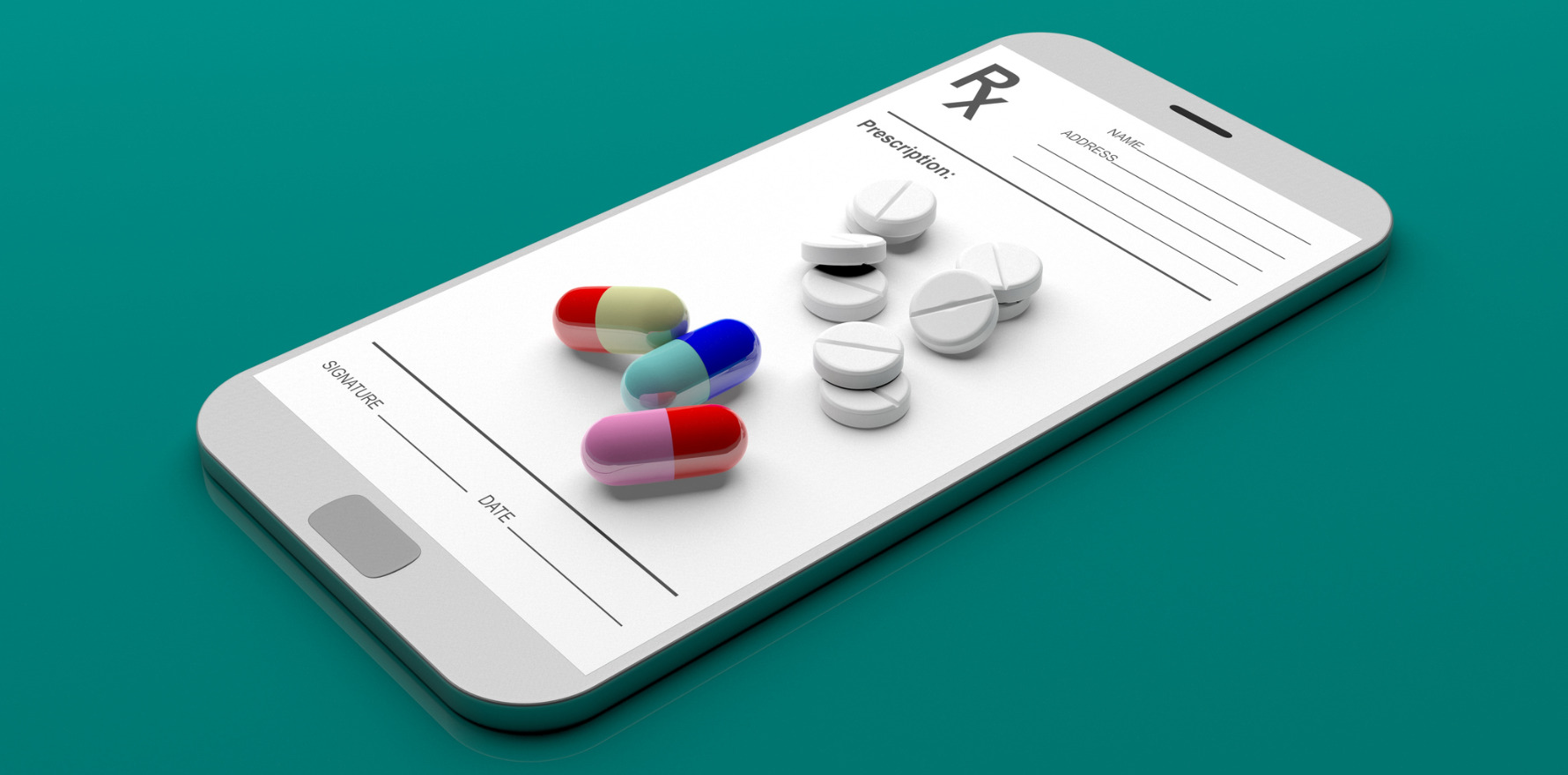We have a responsibility to make changes in our cultures and practices in health to more effectively align with the values and expectations of consumers and the community.
The Department of Health and Aged Care has published the summary report and submissions for the feedback received on the improved sharing of pathology and diagnostic imaging reports to My Health Record consultation.
This is the start of an incredibly important conversation and a key step towards a future state of an Australian health system where patients, families, carers, and health professionals are supported and empowered by timely access to health information.
This being such an important step does not diminish the reality that there are nuances to the ways this works safely in practice. People must be supported as they access and navigate the system, health information, and their care.
It’s important to recognise that this transparent process of collaboration between government, the sector, and consumers and community is aimed at ensuring the right people have timely access to the right information they need to make the most informed and valuable choices about care.
I can immediately recall a dozen instances where timely access to my own test results would have prompted me to reach out to my specialist or make appropriate adjustments to my day-to-day care management that would have kept me out of hospital; whether it be improving my hydration to avoid a hospital admission based on elevated kidney functions as a result of dehydration caused by a flare-up, or being able to get ahead of iron deficiency and get an infusion booked in to avoid a week of lost work and productivity as a result of iron deficiency-associated fatigue and lethargy.
Related
The reality is that as patients we can’t ask questions or effectively manage what we don’t understand, and what we understand is defined by what information is available to us and when.
The health sector has a responsibility to make changes in our cultures and practices to more effectively align with the values and expectations of consumers and the community.
Let’s keep in mind that, far from a path already carved out, this is just the start of the conversation – and an opportunity for all of us to align our values and impact through a process of respectful collaboration in discussing and designing change.
I look forward to continuing to work with Department and the sector to support a constructive and mature dialogue about how we make positive changes in health.
Please have a read of the summary report and consider the ways we can work collaboratively to successfully create a future in which patients are supported and equipped with their health information to be proactive, positive, and valued partners in their care.
Harry Iles-Mann is a lived-experience disability advocate, collaborative design and engagement consultant, mental health ambassador, speaker and health strategist.
This article was first published on LinkedIn. Read the original here.





